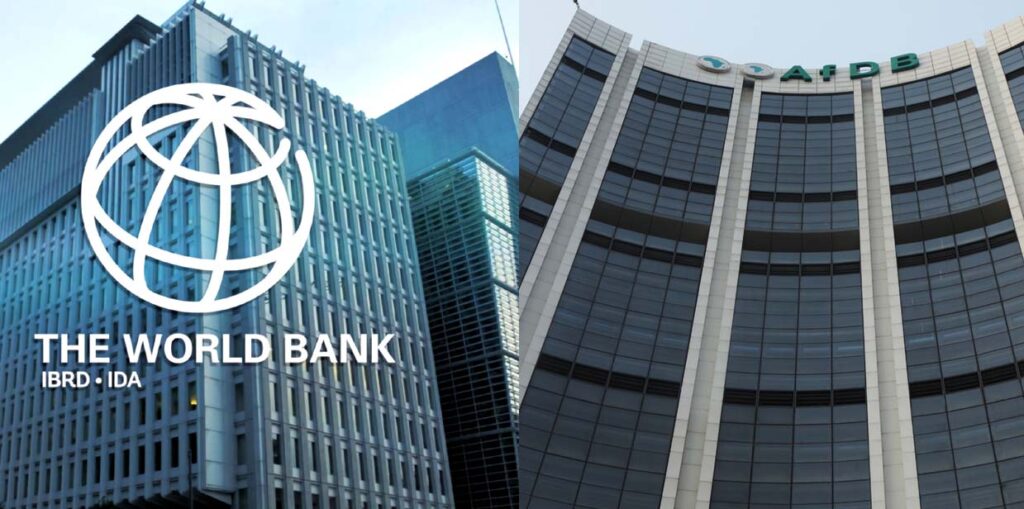The African Development Bank (AfDB) and the World Bank have jointly committed US$40 billion to address Africa’s electricity access gap. This funding aims to reduce the electricity access gap by 50% by 2030, focusing on Mission 300 a bold plan to connect 300 million people to electricity over the next five years.
- AfDB Contribution: US$18.2 billion
- World Bank Contribution: US$22 billion
Currently, 600 million people across Africa lack access to electricity, representing more than 80% of the global energy access gap. This funding will support critical energy system reforms and advance green energy initiatives to expand access.
During the Mission 300 Africa Energy Summit in Dar es Salaam, Tanzania, World Bank Group President, Ajay Banga, emphasized that the goal is to empower African governments to implement the necessary policy reforms. “We are providing funding to help governments create the fiscal space needed to enact these reforms,” Banga explained.
Banga also highlighted the collaborative effort with the International Monetary Fund (IMF) to ensure countries have the resources necessary to create resilient, sustainable energy systems.
Two Key Outcomes Expected from the Summit
The summit aims to achieve two key outcomes:
- The Dar es Salaam Energy Declaration: A commitment by African governments to take concrete actions to reform the energy sector.
- National Energy Compacts: Country-specific frameworks that include targets and timelines for energy sector reforms.
In the first phase, 12 African countries will present their energy compacts:
- Chad, Côte d’Ivoire, Democratic Republic of Congo, Liberia, Madagascar, Malawi, Mauritania, Niger, Nigeria, Senegal, Tanzania, and Zambia.
Other countries will develop their energy compacts in subsequent phases.
A Call to Action
Dr. Akinwumi Adesina, President of the AfDB, stressed the urgency of taking real action to address Africa’s energy challenges. “This summit is not about us. It’s about those who aren’t here. We must ensure this is an action-driven summit, not just talk. We cannot allow Africa to continue lacking sufficient electricity,” Adesina said.
The summit gathered a diverse group of stakeholders, including African presidents, energy ministers, international development partners, private sector leaders, and representatives from civil society organizations.

